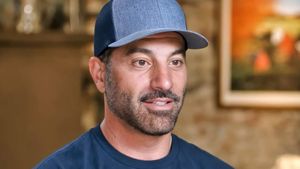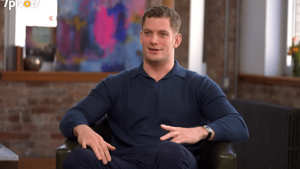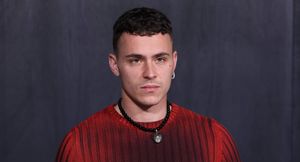Researchers at
four participating universities are signing up volunteers
to take part in an experimental HIV vaccine trial during its
initial phase. St. Louis University, Vanderbilt
University, the University of Maryland, and the
University of Alabama at Birmingham will enroll 12
participants in the Phase I trial, in which uninfected,
healthy volunteers are given low doses to check the
vaccine's safety and participants' immune response,
said Don Hildebrand, CEO of GeoVax, an Atlanta-based
biotechnology firm that licensed the vaccine.
A Phase II trial,
involving 36 people given a higher dose, is expected to
start in a few months. Should these trials prove successful,
said Hildebrand, future trials will be conducted to
determine if the vaccine prevents HIV from progressing
to an AIDS diagnosis.
The GeoVax
vaccine was developed by a team led by Harriet Robinson of
Emory University's Yerkes National Primate Research Center.
Work on the vaccine began in 1997. It proved effective
in rhesus macaques, protecting 22 of 23 vaccinated
monkeys from AIDS for more than 3.5 years.
The vaccine is
given in four doses over the course of approximately two
months. The first two doses include fragments of HIV DNA
that prime the volunteer's immune response system. The
following doses contain an altered poxvirus designed
to boost the immune system, said Hildebrand.
In 2003 and 2004,
the DNA component of the GeoVax vaccine was tested in
30 HIV-negative participants in Birmingham, Ala., San
Francisco, and Seattle, and it proved safe, Hildebrand
said. The new trials are testing both components, he
explained.
According to the
International AIDS Vaccine Initiative, the GeoVax
product is one of more than 30 HIV vaccines currently in
early stages of human clinical trials in about two
dozen countries. Merck's vaccine, which builds
immunity using a modified cold virus, is one of the furthest
along. Some 3,000 people are being enrolled in Phase II
trials of the Merck vaccine. (AP)




































































Charlie Kirk DID say stoning gay people was the 'perfect law' — and these other heinous quotes